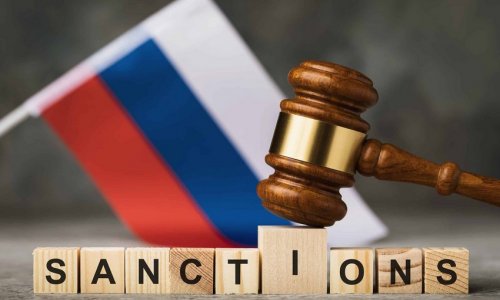(BBC) - Malaysia has approved tougher penalties under a controversial sedition law which has been criticised by the UN.
The move extends the maximum possible jail term for offences and sets the minimum sentence at three years.
The sedition law regulates speech deemed to incite unrest or religious tensions, but critics say it is vague and used to silence government critics.
Malaysia also this week brought back indefinite detention without trial, after abolishing it in 2012.
This was part of an anti-terrorism bill which the government said was aimed at tackling the threat from Islamic extremists.
Human Rights Watch called it "a giant step backwards for human rights".
'Bad law worse'
The amendments to the sedition law were passed by the government-controlled parliament in the early hours of Friday.
Before, the colonial-era law imposed a maximum three-year jail term or RM5,000 (£932; $1,371) fine on first time offenders, and a maximum five-year jail term for repeat offenders.
Now those whose sedition causes bodily harm or property damage will receive terms of between five and 20 years. Terms for general sedition will be between three and seven years, with the option of a fine abolished.
The amendments also allow the government to remove seditious material online.
One change means insulting the government is no longer illegal, but Prime Minister Najib Razak signalled limits, saying it did not mean opponents "can incite the people to topple the government through demonstrations and so on".
Critics say sedition is ill-defined, leaving the law wide open to abuse.
On Thursday, before the vote, UN High Commissioner for Human Rights Zeid Ra'ad Al Hussein said in a statement that it was "very disappointing" that the Malaysian government was "proposing to make a bad law worse".
The existing law had already been used to arrest people "for merely tweeting their criticism of government policies and judicial decisions".
www.ann.az
Follow us !











